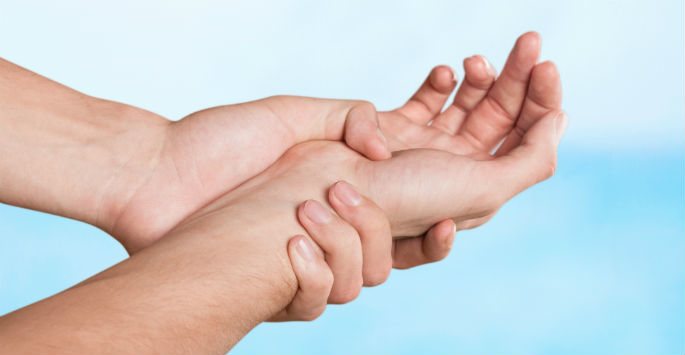Your fingers are invaluable to your ability to function each day. They perform critical tasks like tying your shoes, grasping doorknobs, handling eating utensils, and dozens of other things that you might take for granted. When you suffer nerve damage in your fingers, you quickly realize how important they are to your everyday life. You can regain your function and continue your daily routine without issues by learning what finger nerve damage is and how you can treat yours at Arora Hand Surgery.
As its name implies, finger nerve damage is damage to the nerves in your fingers. This condition can be caused by any number of factors like:
- Injuries
- Repetitive stress
- Diseases like diabetes
- Poor circulation
Finger nerve damage can affect people of any age, but it especially targets adults who suffer from illnesses like diabetes or work jobs that require them to perform repetitive tasks. However, it is one of the easier nerve conditions to diagnose and treat as long as it is addressed early before it results in permanent damage to the fingers.
Diagnosis
We may use a series of tests to determine if patients suffer from nerve damage in the fingers. We may diagnose you with this condition if you suffer from symptoms like:
- Pain anywhere in your fingers
- Tingling
- Numbness
- Burning
- Visible deformities like drooping
- Limited motion
- Inability to use fingers properly or at all
- Underlying disease like diabetes or poor blood circulation
If you have any of these symptoms, you may be diagnosed and treated for finger nerve damage.
Finger Nerve Damage Treatment
Nerve damage in the fingers responds well to a variety of treatment options. Depending on the severity and cause of your nerve damage, you may be advised to undergo a number of treatments. It is recommended that you follow the advice of our doctor if you want long-lasting or permanent relief from your finger nerve damage.
You can learn more about your treatment options for finger nerve damage during a consultation with Dr. Arora and his team at Arora Hand Surgery. We have offices in West Bloomfield, Howell, Warren, and Macomb. Contact us today to schedule an appointment and get started.















